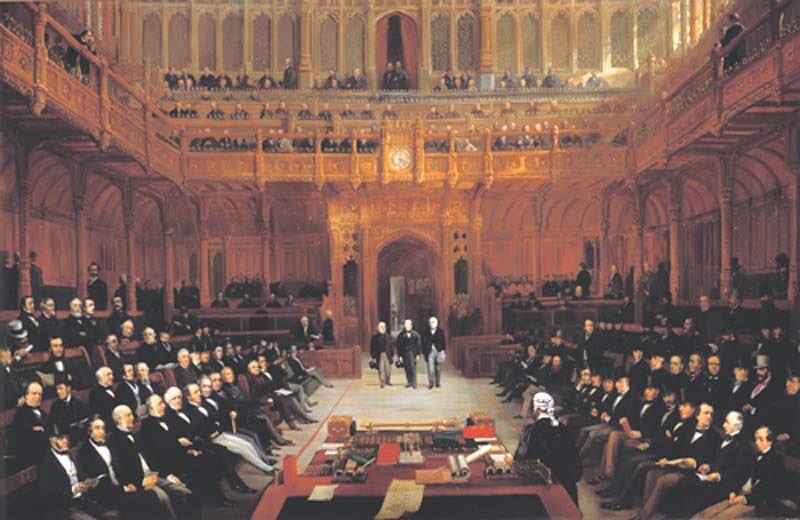Mea Culpa: keep your feet up to the scratch-mark
Questions of style and spelling in this week’s Independent


Your support helps us to tell the story
From reproductive rights to climate change to Big Tech, The Independent is on the ground when the story is developing. Whether it's investigating the financials of Elon Musk's pro-Trump PAC or producing our latest documentary, 'The A Word', which shines a light on the American women fighting for reproductive rights, we know how important it is to parse out the facts from the messaging.
At such a critical moment in US history, we need reporters on the ground. Your donation allows us to keep sending journalists to speak to both sides of the story.
The Independent is trusted by Americans across the entire political spectrum. And unlike many other quality news outlets, we choose not to lock Americans out of our reporting and analysis with paywalls. We believe quality journalism should be available to everyone, paid for by those who can afford it.
Your support makes all the difference.“Toe the line” is one of those phrases that has taken on a life of its own. It may have originated in sport, or it may have come from the military. The earliest instance seems to have been, in the form of “toe the mark”, a metaphorical use in 1813.
The Phrase Finder website speculates that it could have come from prizefighting, when “toe-to-toe” boxing bouts would start with the contestants coming up to a line, or “scratch” – hence the term “up to scratch”. But it may have come from lining up at the start of a race, or from army or navy displays.
It has even been suggested – although I am pretty sure this is wrong – that it comes from the red lines on the carpet in the House of Commons. These lines, the tour guides will always tell visitors, are two sword lengths apart, and MPs are required to stand behind them when speaking in order to discourage physical confrontation.
MPs are allowed to speak only behind the lines, but the stuff about swords is a colourful myth. In the old chamber – it was rebuilt in 1950 after being bombed in the war – the lines were much further apart than they are now. As for giving rise to the phrase, that seems to be a myth too, or else there would be references to toeing the red line in the chamber in the voluminous parliamentary record.
Instead, in all the references in Hansard, the phrase is used figuratively. What is more, its meaning seems to have changed from “stepping up to the mark” to something more like “falling into line”, or “accepting orders”.
Anyway, the point of this inconclusive excursion into history is that the phrase is usually spelt this way, and that “tow the line” is a mishearing. Thanks to Richard Parry for pointing out that we used that spelling the other day, when we wrote about the “calls from Washington DC for the European countries … to tow the new, harsher US line on Iran”.
You can see how the confusion might arise: it is not obvious why putting your feet in the right place implies submitting to authority, whereas a vessel towing another could do. But that metaphor would be the wrong way round: in this case, the US would be towing the line, and the European countries would be allowing themselves to be pulled along.
Which is a rather long way of explaining why we changed it to: “... to toe the new, harsher US line on Iran.”
Multiplying: Jeremy Lawford wrote to ask how my campaign against the word “multiple” was going. Badly, is the honest answer. Twenty six uses in The Independent this week and all but one of them could have been deleted or used the word “many” or “several” instead. (The exception was an article about Philip Roth, saying he was “frustrated by the multiple-perspective orgy of Wikipedia”, about which there are other questions.)
The word has spread from court reporting and in my view has become a curse of modern journalism, because some writers think it sounds more authoritative. I think, for example, that it is fine to say that the victim died of multiple stab wounds – although even then the mere plural would usually be sufficient. But last week we reported that Morgan Freeman had been accused of sexual harassment by “multiple women”, although the next sentence said it was eight. This was said to have happened in front of “multiple witnesses” and in another article on the same subject we managed to have “multiple comments” and “multiple witnesses” in the same sentence.
I realise that this may be a matter of personal taste, but I think the multiplicity of multiples is inelegant.
Join our commenting forum
Join thought-provoking conversations, follow other Independent readers and see their replies
Comments